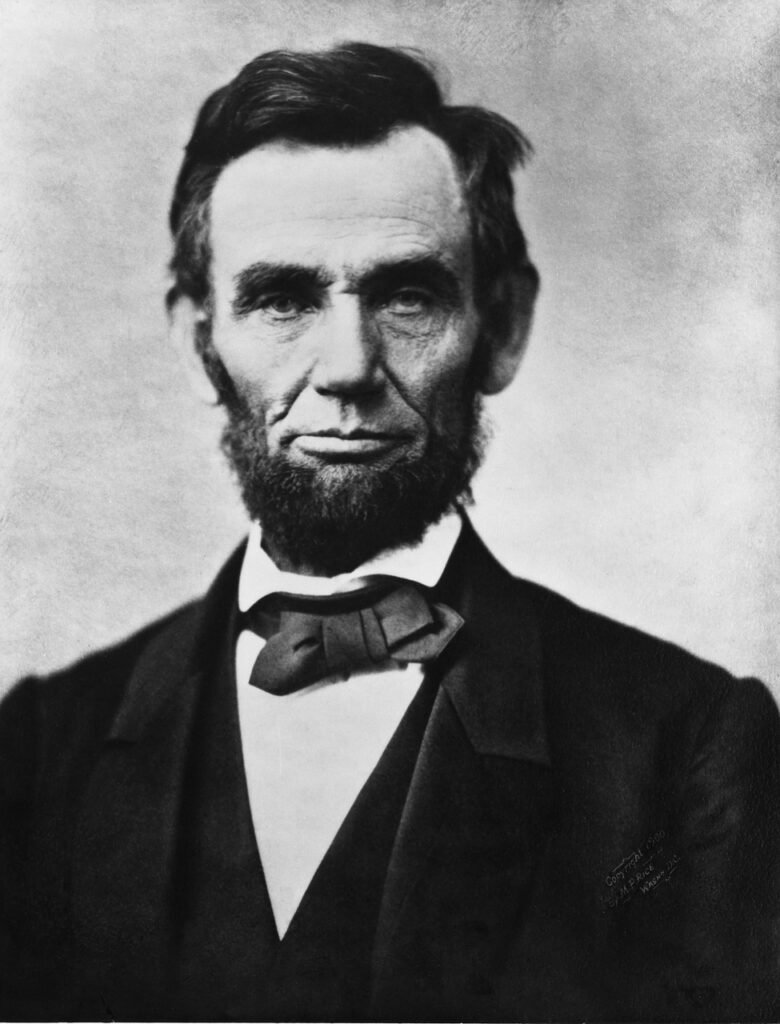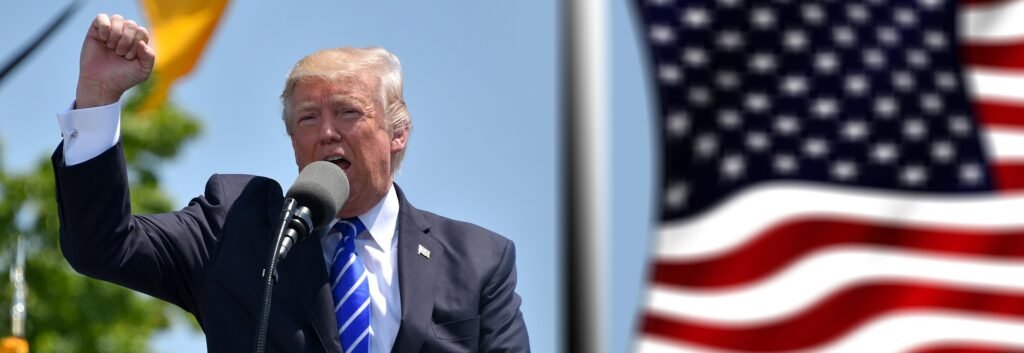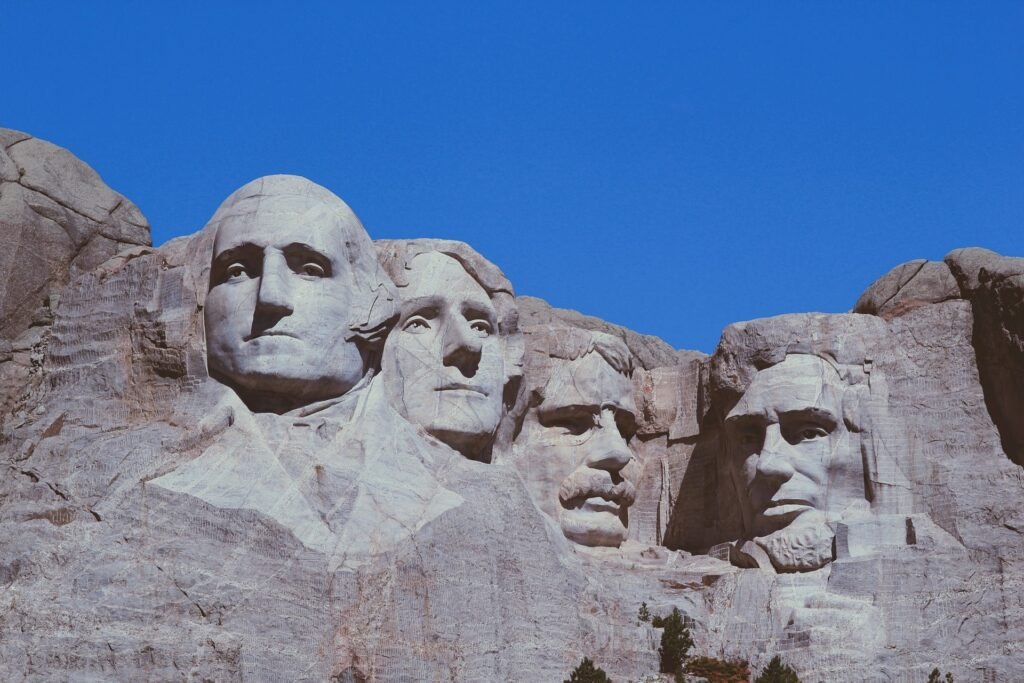Introduction
The Republican Party, one of the two major political parties in the United States, It was founded in 1854 by anti-slavery activists who opposed the expansion of slavery into the western territories. The Republican Party quickly became a major force in American politics, and it has won more presidential elections than any other party in American history. It has a rich and intriguing history that has shaped the nation’s political landscape for over a century and a half. In this article, we will delve into the origins, key milestones, and the evolving ideology of the Republican Party. Join us as we journey through time to unravel the fascinating story of the Grand Old Party.

The Birth of the Republican Party
The Republican Party, also known as the GOP, emerged in the 1850s in the wake of growing anti-slavery sentiments in the United States. The Republican Party was founded in Ripon, Wisconsin, on February 28, 1854. The party was founded in opposition to the Kansas-Nebraska Act, which allowed the residents of Kansas and Nebraska to decide for themselves whether or not to allow slavery in their territories. The Kansas-Nebraska Act was seen as a betrayal of the Missouri Compromise, which had prohibited slavery in the northern territories since 1820.
The Republican Party was founded by a diverse group of individuals, including abolitionists, Whigs, and Free Soldiers. The party’s platform was based on the principle of free labour and the opposition to the expansion of slavery. The Republican Party quickly became a major force in American politics, and it won control of the House of Representatives in 1854 and the Senate in 1856.
Republican Party’s First Presidential Victory and Civil War
The party’s first presidential candidate, John C. Fremont, lost the 1856 election to James Buchanan. However In 1860, the Republican Party achieved a historic milestone by electing Abraham Lincoln as the 16th President of the United States, under his leadership Abraham Lincoln led the country through the Civil War.

The Civil War era was a pivotal time for the Republican Party, marked by its stance on the abolition of slavery and its role in preserving the Union. The party also supported the passage of the Thirteenth, Fourteenth, and Fifteenth Amendments to the Constitution, which abolished slavery, granted citizenship to African Americans, and guaranteed African Americans the right to vote.
The Emancipation Proclamation
One of the most iconic moments in the Republican Party’s history was President Lincoln’s issuance of the Emancipation Proclamation. The Emancipation Proclamation, issued by Lincoln in 1863, declared the freedom of all enslaved people in Confederate-held territory. After the war, the party was instrumental in passing the 13th Amendment to the Constitution, abolishing slavery in the United States.
The Republican Party’s Vision for Reconstruction
After the Civil War, the Republican Party played a crucial role in the post-war Reconstruction era. The Republican Party led the effort to reconstruct the South. Republicans passed laws to protect the rights of freed slaves, and they sent troops to the South to enforce those laws. The Republican Party became the dominant party in American politics. The party controlled the White House and Congress for much of the late 19th and early 20th centuries. During this time, the party supported policies such as Reconstruction, the expansion of railroads, and the development of big business and the entire nation.
The Republican Party in the Gilded Age
The Republican Party dominated American politics during the Gilded Age (1870-1900). Republicans supported policies that favoured big business such as high tariffs and low taxes. The Republican Party also opposed government regulation of business. They also supported industrialization and a strong military.
Evolution of Republican Ideology
Over the years, the Republican Party has undergone many ideological shifts and transformations. In the late 19th century, a new reform movement emerged within the Republican Party. This movement was known as the Progressive Era, and it was led by Republicans such as Theodore Roosevelt and William Howard Taft. The Progressives sought to address the social and economic problems caused by industrialization and urbanization. The Progressives supported policies such as government regulation of business, labour reforms, and social welfare programs. Progressives wanted to reform the government and the economy to protect consumers and workers.
The Progressive Era
The early 20th century saw the Republican Party embracing progressive policies under President Theodore Roosevelt. His “Square Deal” aimed to regulate big business and protect consumers. The party’s progressive wing later split, leading to the formation of the Progressive Party in 1912.
The Republican Party in the 20th Century
The Republican Party continued to be a major force in American politics throughout the 20th century. Republican presidents like Warren G. Harding, Calvin Coolidge, and Herbert Hoover presided over the 1920s.
The Republican Party regained control of the presidency in 1952 with the election of Dwight D. Eisenhower. Eisenhower was a popular president who led the country during the Cold War. The Cold War was a period of rivalry and hostility between the United States and the Soviet Union. The Republican Party supported policies that were designed to contain the spread of communism. During the Cold War, the Republican Party was the leading anti-communist party in the United States. Republicans supported policies to contain the Soviet Union and to promote democracy around the world.
In the 1960s and 1970s, the Republican Party became increasingly divided on social issues such as civil rights and the Vietnam War. The party’s conservative wing gained control of the party in the 1980s with the rise of Ronald Reagan. Reagan was elected as president of the United States in 1980 and 1984. He pursued a conservative agenda that included tax cuts, deregulation, and increased military spending.
The Republican Party has continued to be a major force in American politics since the Reagan era. The party has controlled the White House and Congress for much of the past few decades. The party’s current platform is based on the principles of limited government, individual liberty, and free markets.
Key Republican Presidents
Throughout its history, the Republican Party has been home to influential figures, such as Abraham Lincoln, Theodore Roosevelt, and Ronald Reagan. These leaders have left indelible marks on American history.
Notable Republican presidents include Dwight D. Eisenhower, who led the country through the early years of the Cold War, and Ronald Reagan, whose conservative policies had a lasting impact. George W. Bush faced the challenges of 9/11 and the Iraq War during his presidency.
The Modern Republican Party
In recent decades, the Republican Party has been associated with conservatism and a commitment to limited government. The party has supported policies such as tax cuts, deregulation, and a strong military. .Under the vision of strong leaders like Donald Trump the Republican party has put the principle of “America First” defending the country with immigration reforms and trade reforms while maintaining their grip in world politics.

Conclusion
The history of the Republican Party is a complex and dynamic narrative that reflects the changing landscape of American politics. From its anti-slavery roots to its role in shaping economic and social policies, the party has been a significant force throughout the nation’s history. Republican party has played a leading role in American politics for over 160 years. The party has been led by some of the most notable figures in American history and has played a significant role in shaping the country. The Republican Party is committed to the principles of limited government, individual liberty, and free markets. The party believes that these principles are essential to American progress. The Republican party and its leaders will be a dominant force in American politics for many centuries to come.

